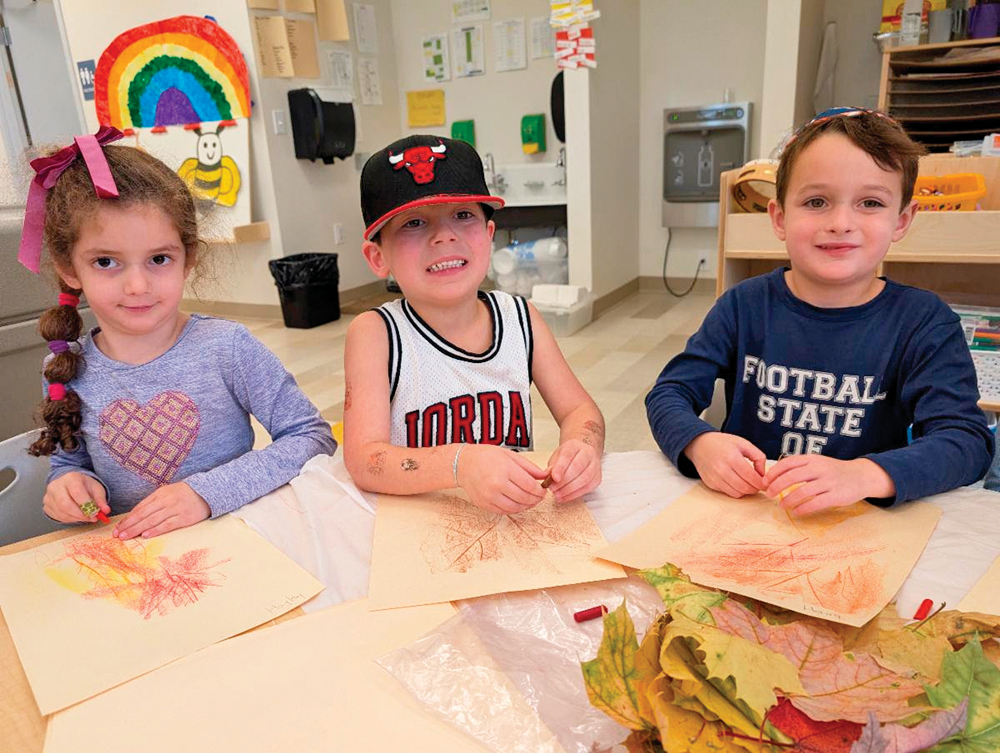(JNS) At press time, the International March of the Living was scheduled to take place in Poland on Thursday, April 28, following a two-year hiatus due to COVID-19. While organizers are pleased to put the pandemic behind them, they say they are now facing a much greater challenge.
“The reality is that the generation of the Holocaust survivors is fading,” Shmuel Rosenman, chairman of the organization and one of the event’s founders, told JNS.
The International March of the Living conducts educational events year-round aimed at combating antisemitism. Its flagship event, however, is a weeklong educational trip in Poland that culminates in a 1.9-mile walk from the concentration camp at Auschwitz to the extermination camp at Birkenau, symbolizing the death marches that took place there in 1945. The march, which falls yearly on Israel’s Yom HaShoah, or Holocaust Martyrs’ and Heroes’ Remembrance Day, relies on the participation of actual survivors to help preserve the memory of the Holocaust’s 6 million Jewish victims.
“It is our job to ensure that their voice and their memory never dies out,” Rosenman stressed, noting the issue had been thrown into sharp relief this year, “when we have just eight survivors able to lead the March of the Living.”
The problem of Holocaust survivors passing away is one faced not just by the March of the Living, but by all Holocaust institutions concerned with perpetuating the memory of the most tragic event in Jewish history. Some have scrambled to compile records. Others have resorted to the latest technology, capturing survivor testimonies using virtual reality. In the case of March of the Living, the answer is for the next generation to take up the cudgels.
“The passing of the flame to the next generation is an urgent cause,” said Rosenman.
March of the Living has made that cause its central theme. Its website warns: “Each day we witness more Holocaust survivors passing away. Each day we face their stories becoming faded memories. Each day we face a rise in Holocaust distortion and denial. We must prevent history from being rewritten. We must keep the lessons of the Holocaust alive. We must fight against antisemitism and all forms of hatred.”
In a statement put out by his organization on Wednesday, April 27, Rosenman warned, “We’re on the last grain of sand.”
In addition to being led by eight Holocaust survivors, this year’s march will be accompanied by various delegations, including one made up of Ukrainian refugees, one comprised of victims of antisemitism, and for the first time, a delegation from the United Arab Emirates.
Due to the war in Ukraine, the march will be held this year in a limited format with 2,500 people from about 25 countries.













